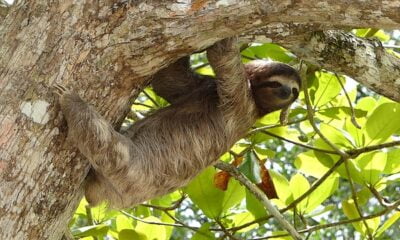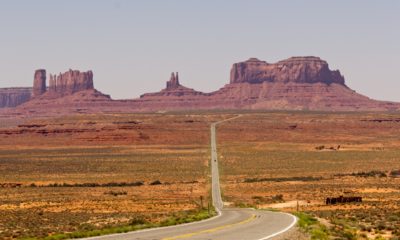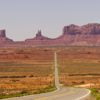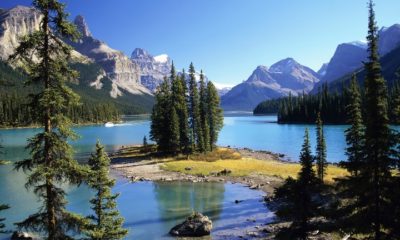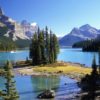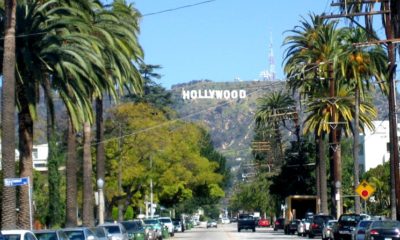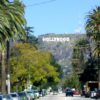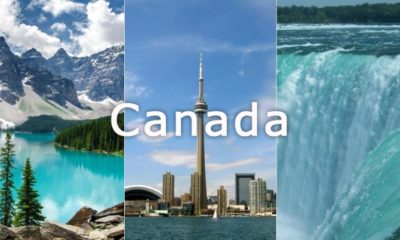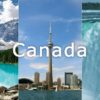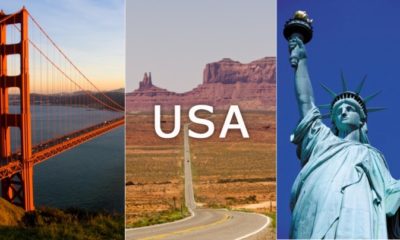North & Central America
Backpacking Honduras Need To Know
Basics
Language:
Capital:
Currency:
|
Dial Code:
International Access Code:
Emergency Services Number:
Time Difference:
|
Entry
Honduras is party to the Central America Border Control Agreement (CA-4). Under the terms of this agreement, tourists of certain nationalities (including all EU nations, Americans, Canadians, New Zealanders and Australians) may travel within any of the CA-4 countries (Honduras, Nicaragua, El Salvador and Guatemala) for a period of up to 90 days, without completing entry and exit formalities at border Immigration checkpoints. The 90 day period begins at the first point of entry of any of the CA-4 countries. You can apply for an extension of up to 30 days by paying a fee before the 90 days limit expires. If you’re expelled from any of the 4 countries you are also excluded from the entire CA-4 region.
A visa is not needed for citizens of eligible countries of the CA-4, but you are only permitted to stay for 30 days in Honduras.
If you arrive or depart at a land border, the immigration authorities may charge you a fee of US$3 at the border crossing. Keep the receipt until you leave the country and make sure your passport is stamped.
Yellow fever vaccination is required for travellers arriving from countries with risk of yellow fever transmission.
Your passport should be valid for a minimum period of 6 months from the date of entry into Honduras.
For official information visit your home government travel bureau.
Getting Around
For security reasons you should avoid travel on public buses (repainted US School buses). Private inter-city coach services are generally safer.
More detail is to come in this section, but you can read about general advice regarding Getting Around When You Get There
Accommodation
Honduras has hostels in major cities and tourist areas.
The average price of a hostel is 165-330 HNL (£5-10) a night. Hotels can also be relatively cheap, but vary in quality.
All hostels in Honduras will provide linen and bathroom facilities. Usually there will be internet facilities as well as common and laundry rooms.
Read more about Accommodation When You Get There and Living in Hostels
Food And Health
Food hygiene and safety is satisfactory, but isn’t up to Western standards. Use your instincts; if the place looks dirty, don’t eat there; if your food isn’t piping hot, don’t eat it.
Water is generally not safe to drink, so it is best to buy bottled or boil.
Standards of medical treatment vary. State-funded hospitals are under-funded and medicines are in short supply. Make sure you have adequate travel health insurance and accessible funds to cover the cost of any medical treatment abroad and repatriation.
Mosquito borne viruses are present in Honduras, so you should take steps to avoid being bitten by mosquitoes. Always contact your GP around 8 weeks before your trip to check whether you need any vaccinations or other preventive measures. Visit here for Recommended Vaccinations and read here for more about Travelling Health In General
Weather & Time To Go
The climate is tropical, so very hot and humid throughout the year. It is best to visit in the dry season; December to May. The rainy season normally runs from June to November.
Communications
Internet and wifi is widespread and accessible in most hostels. Local pay-as-you-go SIM cards for your mobile phone and international calling cards are cheaply available.
Dangers And Considerations
There are high levels of crime. Most serious crime doesn’t affect tourists but attacks on foreigners including armed robbery and sexual assault do sometimes occur.
Petty theft is a problem in cities and tourist areas. Avoid walking around Tegucigalpa, San Pedro Sula and other main towns and cities. Be particularly careful at bus stations, airports, isolated beaches, tourist sites and on public transport. Don’t travel around after dark as you greatly increase the risk of attack.
Take care if you are travelling alone. In remote areas it may be safer to travel with others or take part in a tour.
The Bay Islands are generally safer than mainland Honduras.
There are unmarked minefields in/around the border with Nicaragua. Take care and avoid walking on unmarked paths or off main roads in these areas.
It is safer to withdraw money from ATMs in shopping centres and to change money in hotels or banks. Don’t withdraw too much money at one time.
Honduras is particularly susceptible to hurricanes, flooding and earthquakes. Drought and forest fires are also common. Follow the advice local authorities and emergency services in the event of a natural disaster.
Carry a photocopy of the personal details page of your passport for identification purposes. Kept the original in a hostel safe.
There is a US$38 (or Lempira equivalent) airport departure tax which is not normally included in the price of the ticket.
Dangers constantly change. Always check with your foreign office (British Foreign Office webpage) or travel advice bureau for the latest information regarding your destinations safety.


